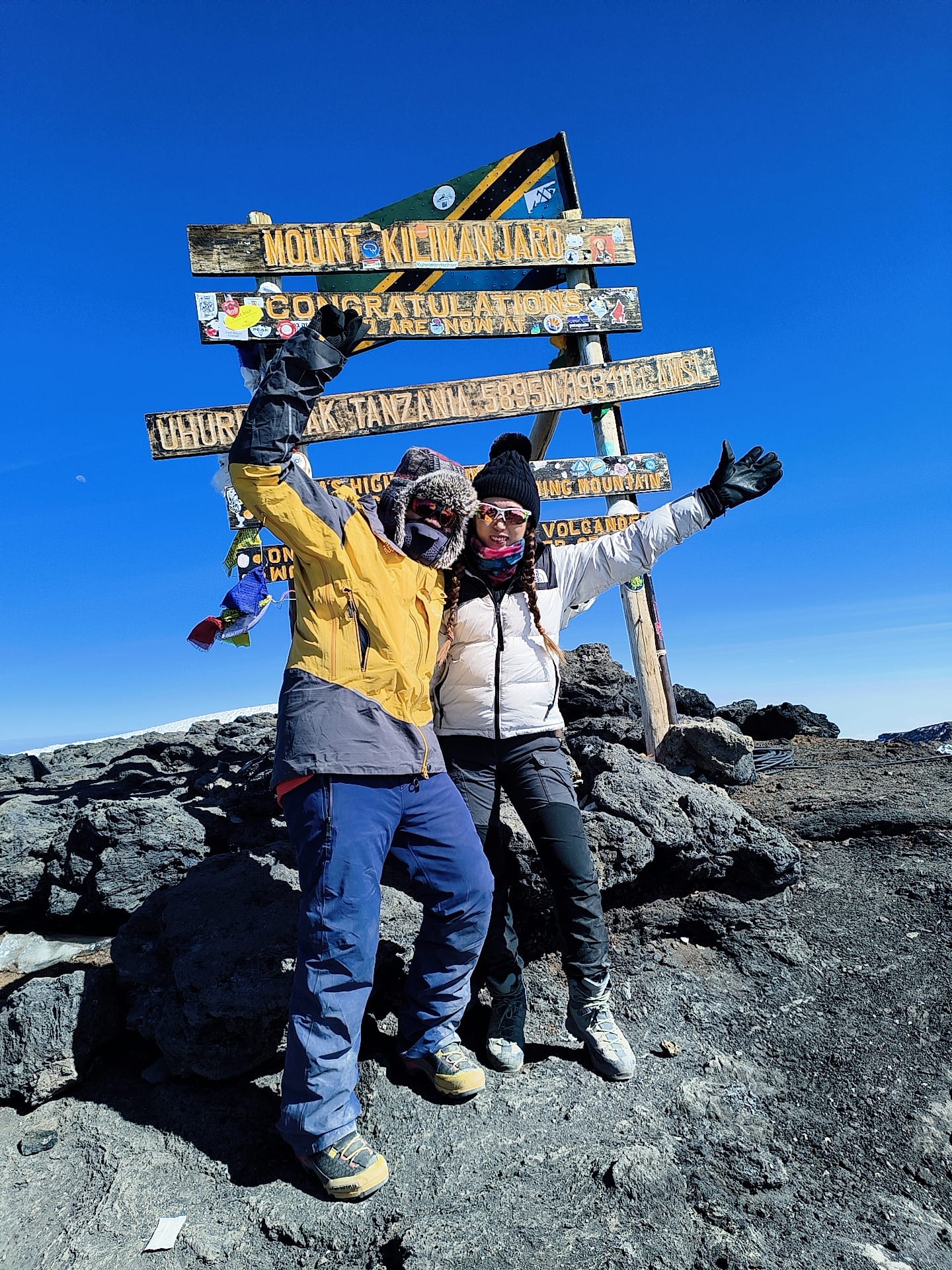Have you ever thought about the remarkable strength and resilience it takes to navigate some of the world’s wildest terrains, carrying supplies and ensuring safety? Local guides and porters are the unsung heroes of many remote journeys, bringing invaluable knowledge and skills to the table. These individuals are not just service providers, but they often become the heart and soul of the travel experience, forging a deeper connection with the land and its culture.
The role of a local guide or porter has a rich history embedded within the landscapes they traverse. For example, in Nepal’s Himalayan region, porters carry loads that can weigh up to 90kg, making them essential to expedition success. Their expertise and resilience are vital, significantly increasing the chances of safe and rewarding travel. Investing in local guides and porters doesn’t just enrich the travel experience but also supports local economies and preserves cultural heritages.
The Essential Role of Local Guides and Porters in Adventure Travel
Local guides and porters are vital for adventure travel. Their knowledge of the terrain can make or break a trip. They know the safest paths, the best viewpoints, and the hidden gems. This expertise enhances the travel experience. Travelers can enjoy the journey without constantly worrying about navigation or safety.
Porters handle the heavy lifting, quite literally. They transport gear, supplies, and personal items. This allows travelers to move more quickly and comfortably. By alleviating this burden, porters make treks more accessible to people of all fitness levels. Their strength and endurance are commendable.
Local guides and porters also act as cultural ambassadors. They share stories, traditions, and customs. This deepens the cultural understanding of travelers. It fosters respect for the local way of life. Learning from them can be an eye-opening experience.
Hiring local guides and porters supports the local economy. It provides jobs and sustains communities. Ethical travel practices ensure that they are paid fairly. This contributes to the area’s overall well-being. Helping the local community enriches the journey for everyone involved.
Understanding their skills, responsibilities, and impact on travelers’ experiences
Local guides possess extraordinary skills that make each journey unique. They have an in-depth understanding of the local fauna and flora. Their ability to navigate through difficult terrains is unparalleled. These skills ensure that travelers explore safely and efficiently. The wealth of information they share brings the journey to life.
The responsibilities of porters are demanding but essential. They carry heavy loads, sometimes exceeding 50 pounds. This allows adventurers to walk unburdened and enjoy the experience. Porters also set up campsites and sometimes prepare meals. Their hard work creates a comfortable environment for travelers.
The impact these guides and porters have on travelers’ experiences is significant. Their local knowledge and stories add depth to the trip, making it memorable. Travelers often form a bond with their guide or porter. This relationship enriches the travel experience and provides a personal touch. It turns a simple journey into a shared adventure.
In addition to their skills and responsibilities, guides and porters also play a role in conservation efforts. They teach travelers to respect the environment and local cultures. This encourages sustainable tourism practices. Protecting these areas ensures they remain pristine for future adventures. Preserving nature and culture benefits everyone involved.
Safeguarding Cultural and Environmental Integrity
Local guides and porters play a crucial role in preserving cultural and environmental integrity. They educate travelers about respecting local customs and traditions. This helps avoid cultural insensitivity and fosters mutual respect. By teaching the importance of local heritage, they ensure it remains undisturbed. Respecting cultural norms enhances the overall travel experience.
Environmentally, guides and porters work to minimize the impact of human activity on natural landscapes. They follow principles of Leave No Trace, making sure waste is properly disposed of. They also teach travelers how to interact responsibly with wildlife. This prevents damage to natural habitats. Their actions promote sustainable tourism.
List of environmental guidelines often followed are:
- Stay on marked trails to avoid damaging plant life.
- Carry reusable water bottles and avoid single-use plastics.
- Respect wildlife by observing from a distance.
- Limit campfire use to designated areas.
- Dispose of waste properly, recycling when possible.
These steps ensure minimal ecological disruption.
Supporting local guides and porters can also lead to the protection of their communities. They advocate for balanced tourism that benefits their regions without exploitation. Travelers are encouraged to buy local products and services. This helps sustain community economies and preserve cultural practices. Ethical travel practices foster long-term wellbeing.
Supporting Local Economies Through Ethical Travel Practices
Supporting local economies through ethical travel practices is key to sustainable tourism. Travelers can make a significant difference by choosing to spend their money on local businesses. This includes staying in locally-owned accommodations, eating at local restaurants, and buying from local artisans. These actions ensure that tourism benefits the local community. It helps keep money within the area, fostering economic growth.
Hiring local guides and porters is a direct way to support the economy. These individuals often rely on tourism for their livelihoods. By choosing their services, travelers provide a steady income source. This, in turn, allows guides and porters to take better care of their families. It promotes financial stability within their communities.
Encouraging tourists to engage in fair trade practices is also important. Fair trade ensures that artisans and producers receive fair compensation for their work. This can include purchasing handmade goods, which often come with unique cultural significance. List of benefits of fair trade include:
- Ensuring fair wages for workers.
- Promoting sustainable production methods.
- Preserving traditional crafts and skills.
- Reducing the exploitation of workers.
These practices lead to more equitable and sustainable tourism.
Travelers can further support local economies by participating in community-based tourism activities. These activities are organized by locals and allow travelers to experience authentic culture. Examples include village tours, cooking classes, and craft workshops. These activities not only provide income but also preserve local heritage. They offer travelers a richer, more immersive experience.
Ethical travel practices extend to environmental considerations as well. Using resources thoughtfully and minimizing waste benefits the environment. Investing in eco-friendly travel options, such as renewable energy sources and sustainable materials, supports local businesses committed to preservation. This ensures that tourism does not come at the cost of environmental degradation. Taking care of the environment and the people enhances the overall travel experience.
Key Takeaways
- Local guides and porters enhance adventure travel with their expertise.
- They ensure safe navigation through challenging terrains.
- Cultural insights from guides enrich the travel experience.
- Engaging their services supports local economies and ethical travel.
- Their efforts help protect natural environments during travels.



